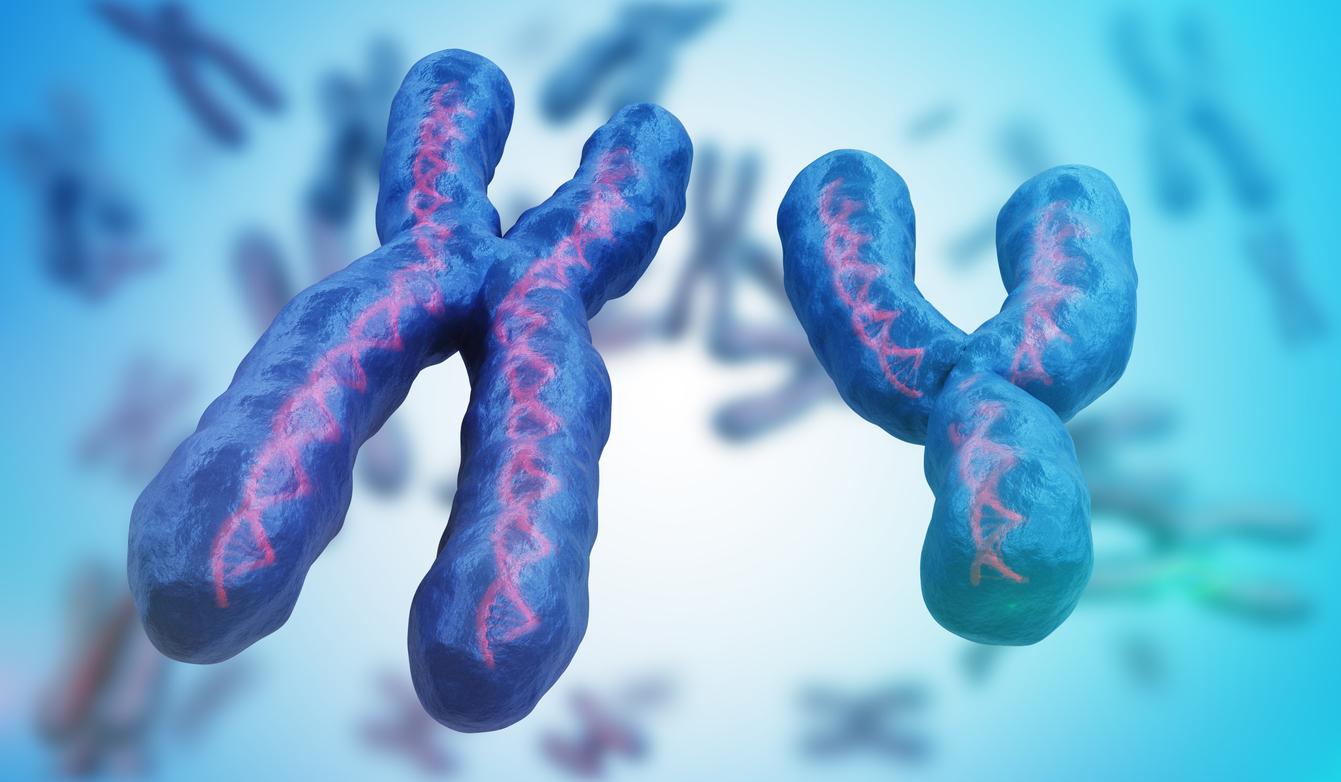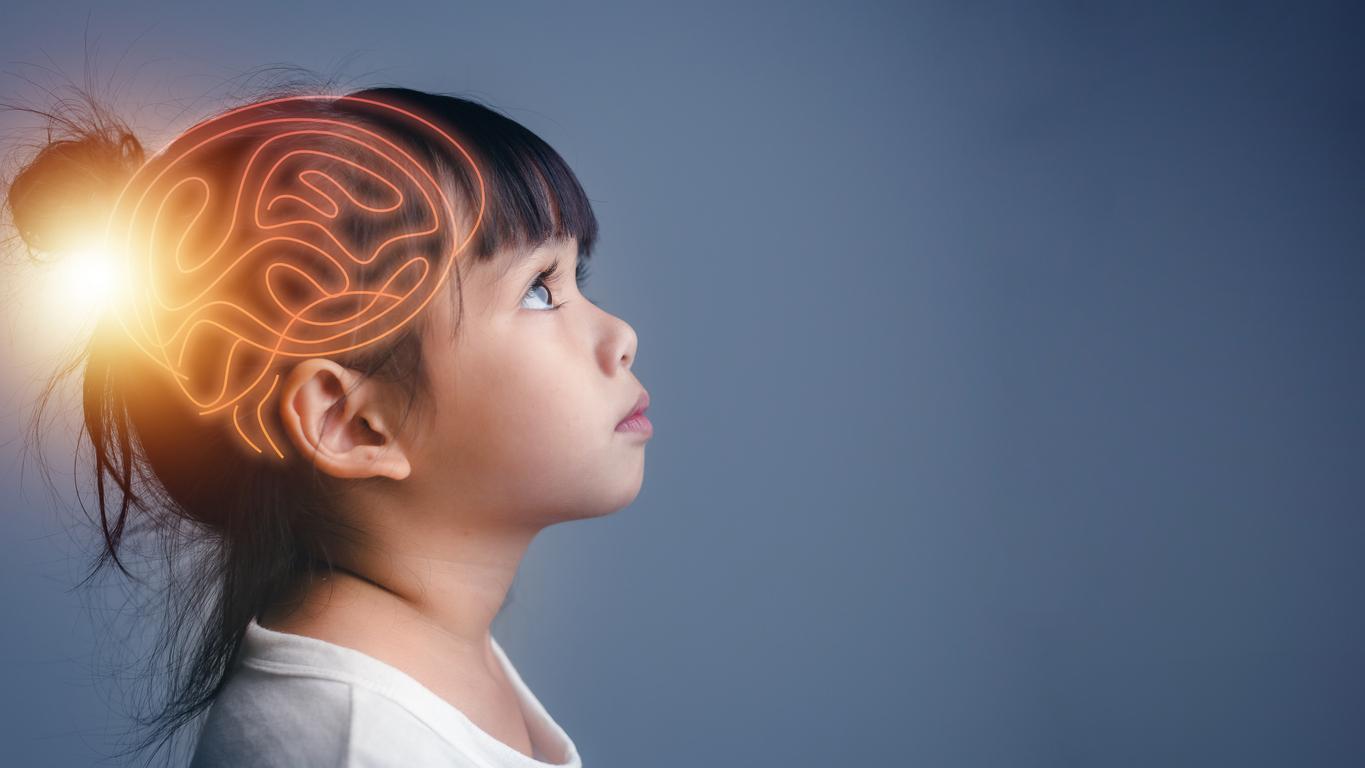Until the age of 11, two-thirds of autistic children are victims of bullying by their siblings and/or classmates.

Worldwide, approximately one in every hundred births is affected by Autism Spectrum Disorder (ASD). The symptoms most often appear between 18 and 36 months, and persist into adulthood. A child with autism will have stereotyped behaviors and difficulties in terms of language and social communication. Also, many young people with autism are victims of teasing. But not only from the outside since, according to a study published in the journal Autism and Developmental Disordersup to the age of 11, two-thirds of autistic children are victims of more or less extensive bullying from their brothers and sisters and/or classmates.
To arrive at this sad observation, Dr. Umar Toseeb and his team from the University of York in Great Britain analyzed 8,000 children, autistic or not, from the Millennium Cohort Study, which followed around 19,000 teenagers born in the UK in 2000 and 2001. They asked them how often they had been intentionally bullied or hurt by their brother(s), sister(s) and peers and how often they themselves had perpetrated such acts. Result: at the age of 11, two-thirds of children with autism said they had been bullied, compared to half for “normal” children. While this frequency decreased in children in both groups when they reached the age of 14, sick children were always at greater risk.
It is of course normal for siblings to bicker when they grow up. However, the researchers identified here children in permanent conflicts with the members of their family. “Children who suffer from autism experience difficulties with communication and social interaction, which could have consequences in their relationships with their siblings”, comments Dr Umar Toseeb.
“The siblings could be considered competitors”
And if other studies have shown that brothers and sisters tend to speak positively about their relationship with an autistic child, it is natural for children in the same family to compete for the attention from their parents, especially when they feel that one of the children is getting more than them.
“From an evolutionary perspective, siblings might be viewed as competitors for parental resources such as affection, attention, and material possessions. Children with autism might have priority access to these limited resources, which could lead to conflict and bullying between siblings,” says Toseeb.
The crucial role of parents
But he and his colleagues did not only interview young people. They also asked parents about their children’s emotional and behavioral difficulties. Findings: Whether autistic or not, children bullied or bullied by a sibling were more likely to suffer from emotional and behavioral difficulties during adolescence.
Therefore, the researchers call for more resources to help children with autism and their parents identify and address bullying behaviors at home, as early as possible. “Parents need to be aware of the potential long-term consequences for children’s mental health and well-being,” they conclude.
This study is of course not the only one to highlight the key role of parents in the evolution of the disease in an autistic child. According to research published Wednesday, August 7Pivotal Response Training (PRT), which includes parents in language learning, would greatly help young patients to express their needs and develop their social skills.

.

















